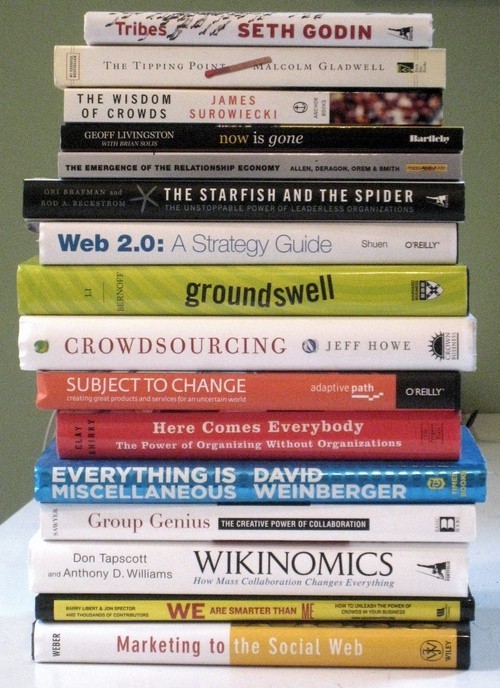How to Start Your Own Book Club

A friend recently said, “I want to join a book club.” I suggested she start one. “How?” was the response. First you have to decide where you are going to hold your book club. Will it be in your living room? Will you meet at a local café, coffee shop or bookstore? Maybe you are going ask your church if you can use a space there. Determining where you hold your book club meetings will impact the number of people you can have in your group. You group needs to be large enough to facilitate a good discussion.
- Book Club Queen, Leaving No Page Unturned!
A book club site that really gets to the heart of what you want to talk about - books! Plus learn everything you need to know about starting a successful book club!
Who do I invite?
How will you recruit members? You can ask your friends, family members and coworkers. If you want make new friends you can ask at your local library if you can post a flier. You could also ask at the local bookstore. Bookstores, especially privately owned book stores are likely to allow it, especially if members of the club will be purchasing you books there. Another thing to keep in mind, if you are going to invite strangers to your book club, for safety reasons, plan to hold your meetings somewhere public. Another way you can recruit members is through an online “meet up site.” Members’ list “meet ups” such as a book club, they would like to join and their reasons why. Once there are enough people interested in a meet up you can start a group and advertise it there and it’s FREE! Another thing to keep in mind is whether or not you want this to be a coed book club or gender-specific.
- Do something, Learn something, Share something, Change something - Meetup
Helps groups of people with shared interests plan meetings and form offline clubs in local communities around the world
When should we meet?
Once you have your members the next step is developing some parameters. You may want to do this as a group at your first meeting. You will want to set a time and date for each meeting, such as the first Thursday of the month at 7 p.m. Set the time and date that works with your schedule. Members need to adjust their schedules to fit yours. You won’t be able to please everyone, therefore, pick the time that is best for you. Many book clubs meet once a month. Members read the book and then come together and discuss it.

How are books selected?
You should probably select two or three books to suggest and vote as a group on what will be read. Perhaps offer two fictional books of different genres and one nonfiction book. For subsequent readings you may want encourage all members to suggest a book and again vote. Try to plan out as far ahead as possible. Try to have 3 or 4 books scheduled to be read. This gives everyone time to purchase or borrow the book. Some book clubs use “Book of the Month” clubs to decide and order books. You can choose books you have read in the past and would enjoy reading again. Why not share a book you love with your club? You can also use online book clubs to get ideas. The classics are another good route to go. Read some of those books that have been on you “to read” list for a long time. Books that have been recently made into movies, or have movies coming out, are another good choice. You can always add going to see the movie after you read the book and discussing both as a change of pace.
- Book Club Reading List - One Year Reading List for Book Clubs - Book Club Recommendations and Lists
With so many books on the bestsellers lists, how can you decide which books would be good reads for your book club? This reading list provides fiction and nonfiction recommendations for a year of interesting and varied book club reading.
- http://www.amazon.com/Favorite-Best-Sellers-2010-2011/lm/R17JQHTGA67HHH
here are the top books for 2010 / 2011. These books will change your life.

What should we discuss?
Thinking of good discussion questions to get the group going could be a little scary. Luckily there are online sites where you can go to find good discussion questions. Discussions on fiction should include examining themes in the book, character development, the protagonist and antagonist, supporting characters, the setting, and what the story says about the author’s world view. Often once you start discussing these things you will find that people bring insight and questions that keep the discussion lively.
Discussing nonfiction books can be very interesting as well. What did the members find interesting or surprising by the facts the author presented? Do they agree or disagree with the author? Why or why not? How has the book affected you stance on the subject? Are you interested in learning more now?
Most importantly, have fun! No one expects you to be an expert from the get go. A little research and planning beforehand will lead to a successful book club. Happy reading!
- Reading Group Guides and Summaries
A selection of the leading places on the internet for finding a reading group guide, including links to publishers and more. Reading group guides provide readers and book clubs with discussion questions and summaries of specific works.







